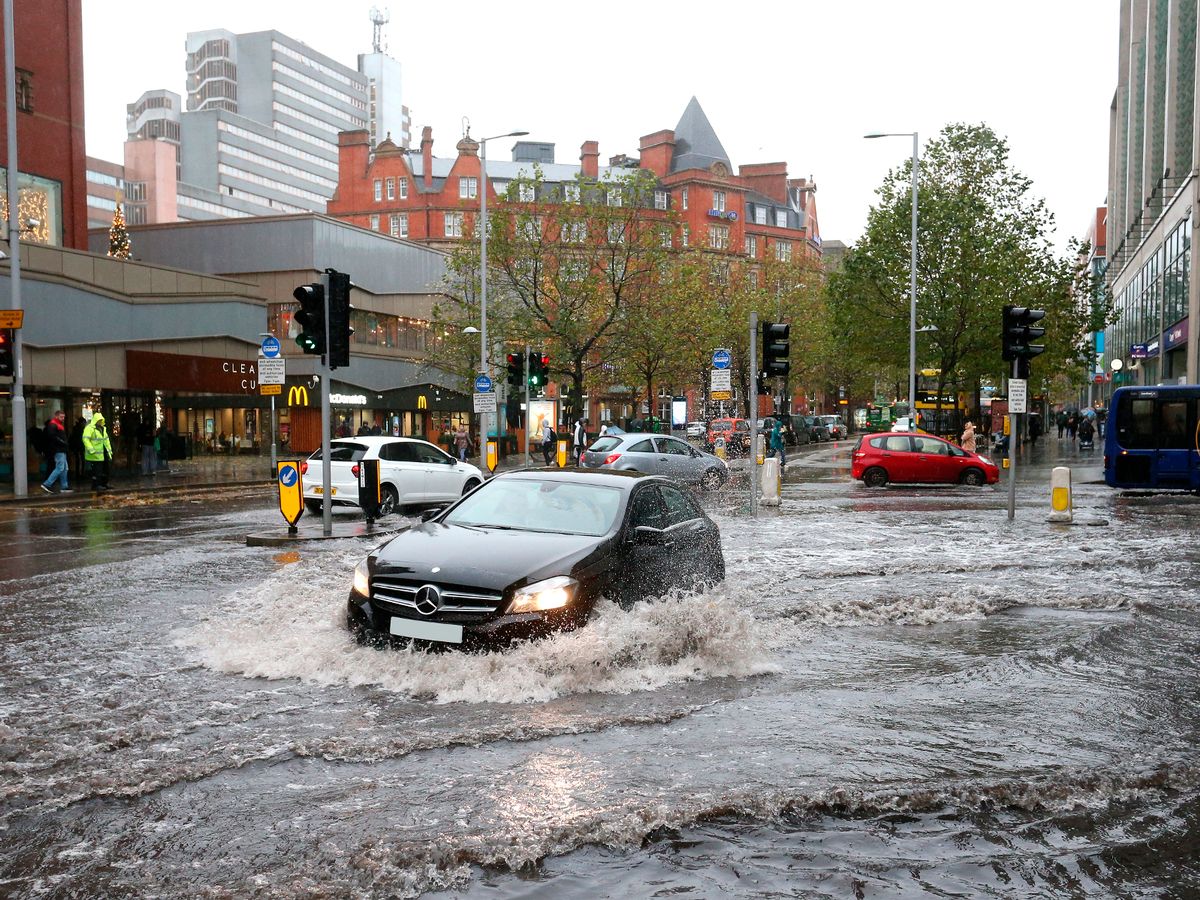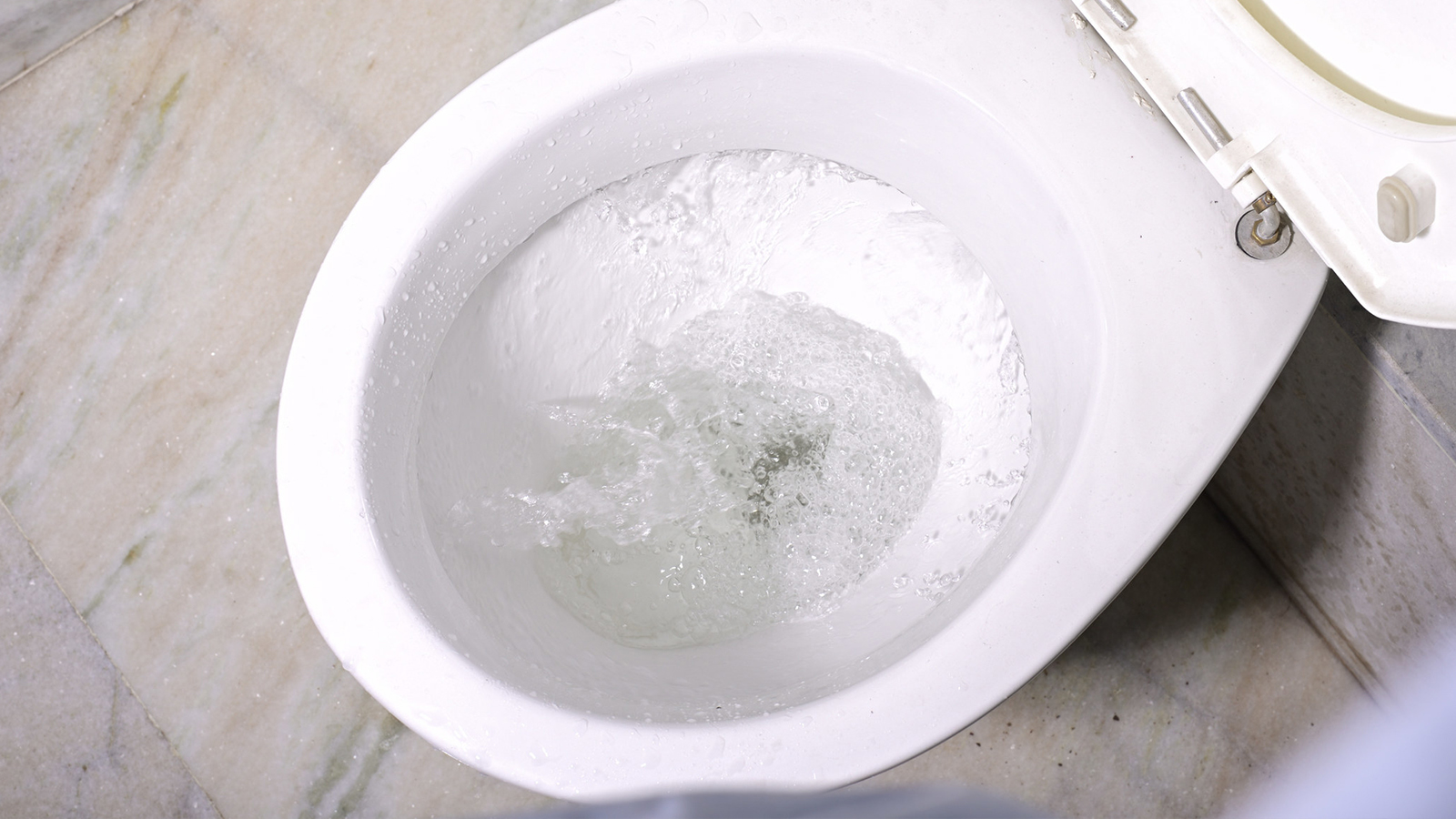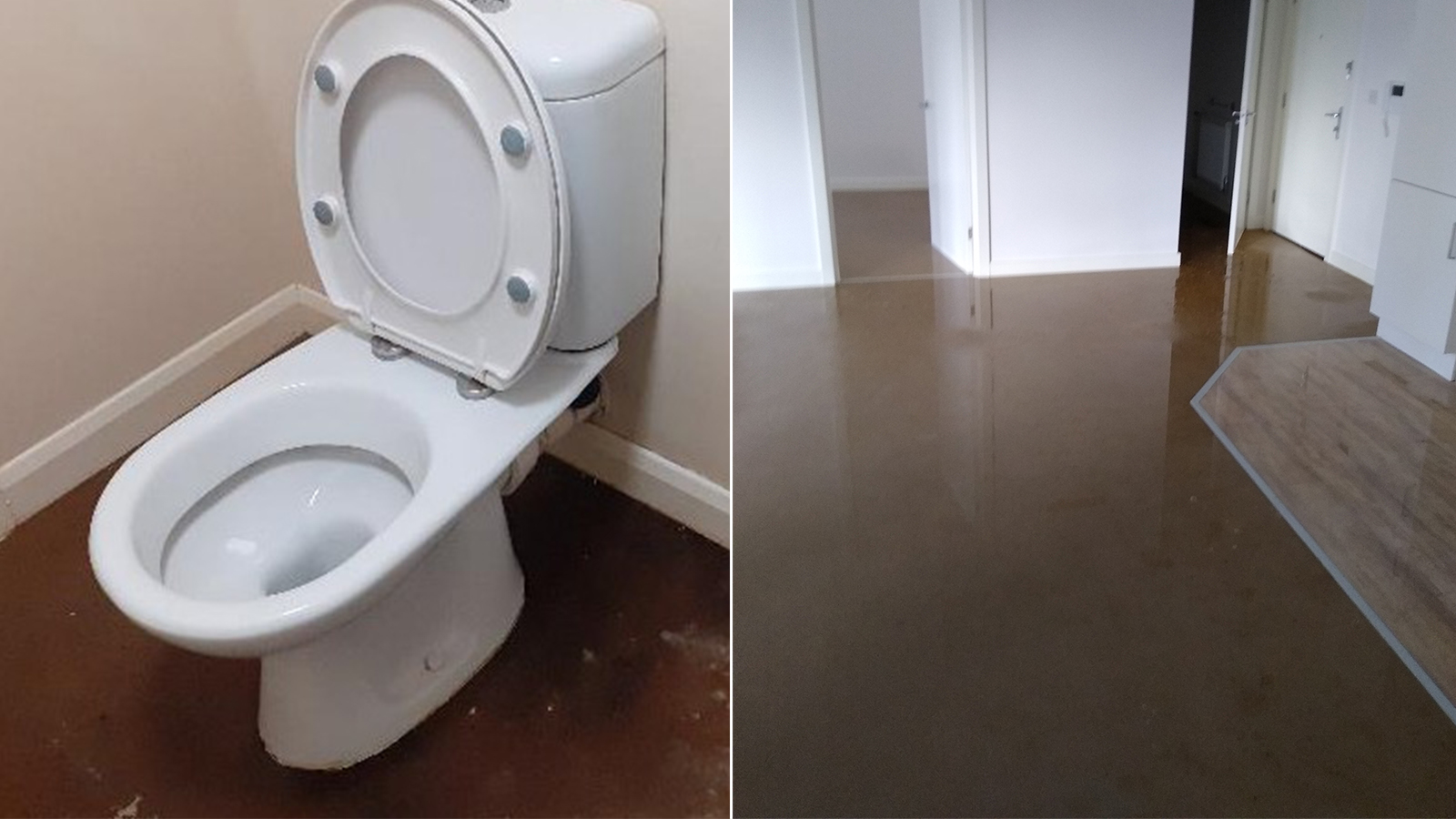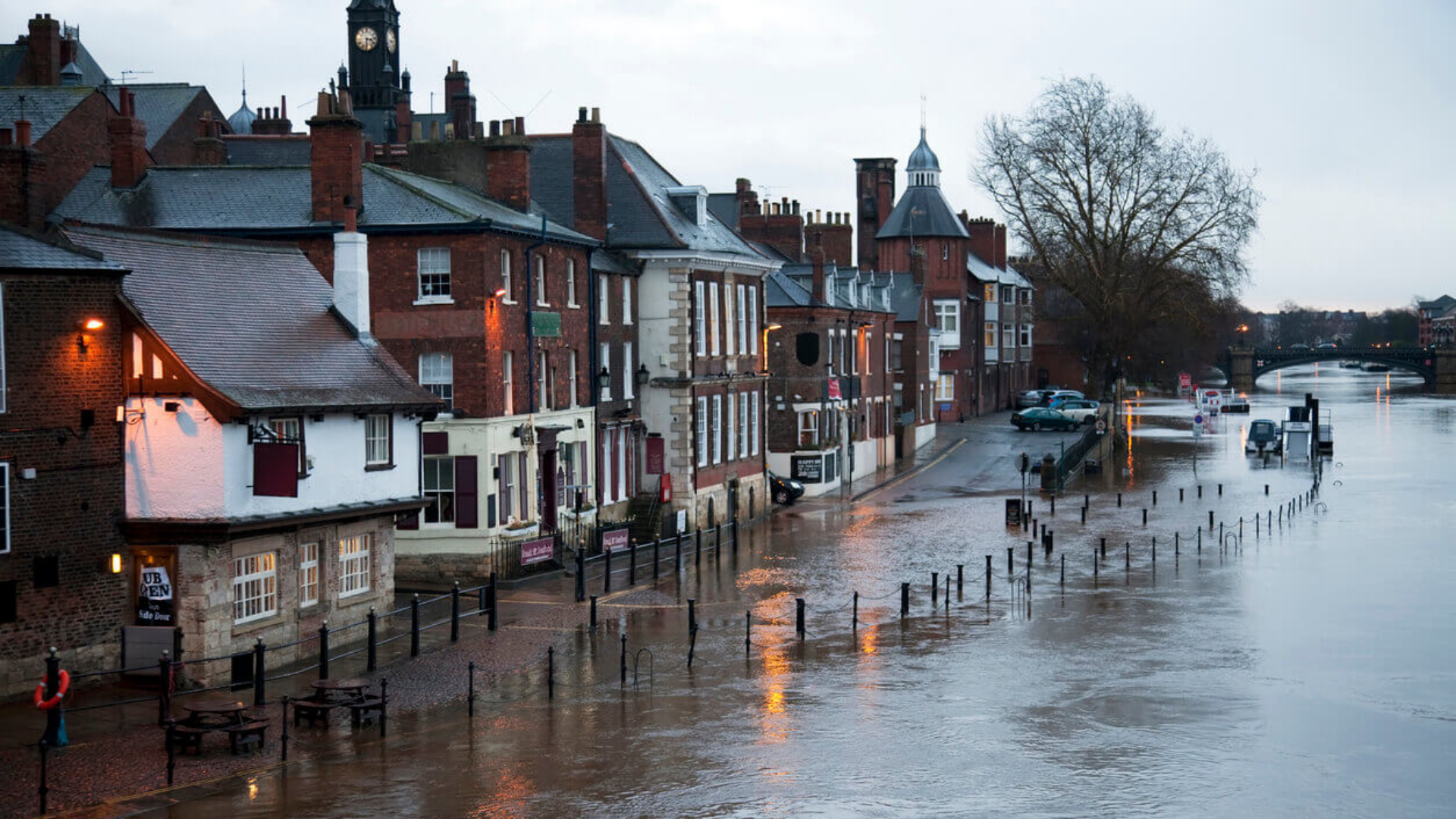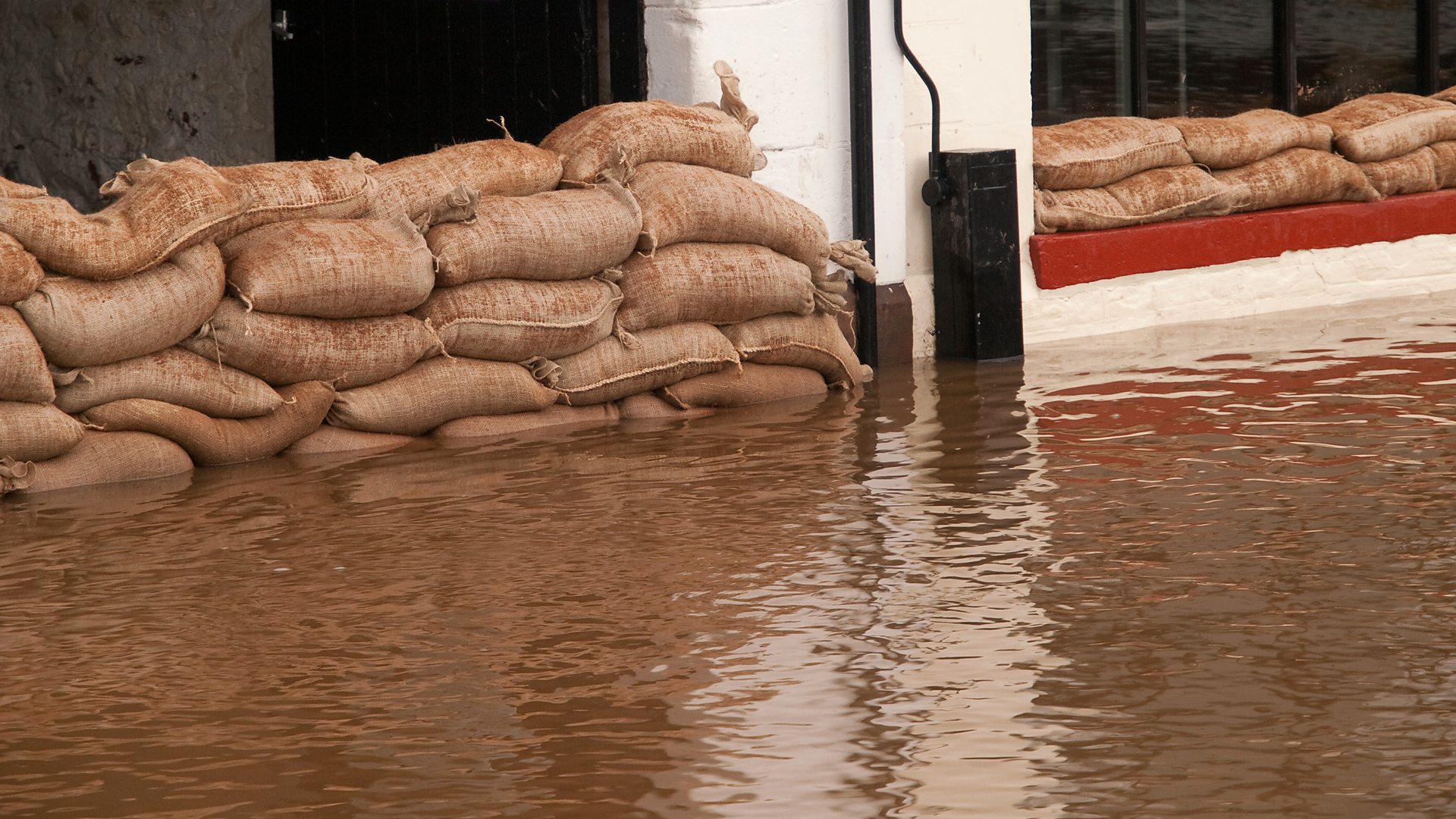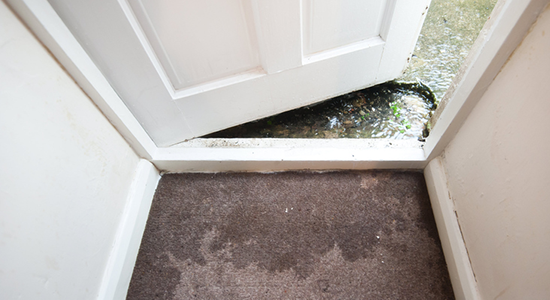Driving through floodwater
Choosing to drive directly through a pool of water is never a good idea and can seriously damage your car. It can be difficult to judge the depth and you are at risk of getting water into your engine causing you to stall. This could result in more water pooling into your vehicle, leaving you stranded and surrounded by water that could still be rising. As little as 15cm of floodwater can knock you off your feet, if the current is fast enough you may struggle to find your footing. The average car can float in as little as 30cm of water while 60cm could be enough to sweep your car away from the current.
If you do choose to drive through the water you must do so slowly, if you drive fast your tires can lose contact with the road causing you to aquaplane. Not to mention driving fast could result in you splashing pedestrians or cyclists which can lead to a fine and points on your license.
Effects of water infiltration on your vehicle
Water can have devastating and potentially expensive effects on your car, below is a list of potential issues that can arise from flood damage.
- Mould and rust in the inside of your car
- Rusted suspension joints
- Malfunctioning brakes
- Damage to parking sensors and cameras
- Damage to external lights and indicators
- If the water rises enough, it can cause damage to the fuel tank
- The moisture can short the car’s electrical system and compromise safety features such as airbags and antilock brakes.
Preventative measures
It goes without saying but it is always best to completely avoid driving in severe weather, especially heavy rainfall; as many as 32% of flood-related deaths are in vehicles.
However, it isn’t always possible to postpone a journey below is a list of potential hazards to watch out for:
- Slip and trip hazards like curbs or bollards hidden by the water
- Manhole covers can get lifted by water and moved
- Water levels and speed can change quickly
- The floodwater may be contaminated
- Urban flood water can carry harmful bacteria from drains and sewers that could cause disease
- Rural flood water could be contaminated by agricultural chemicals as well as animal waste which if ingested can cause serious disease.
It is important to check for weather warnings if you are driving in an area that is at high risk for flooding, you can sign up for alerts from theEnvironment Agency
What should you do if your car is flooded?
If you find yourself stuck in flood water you will have to get your vehicle towed. You can call your breakdown cover provider for instructions. If your car’s insurance policy covers personal possessions then you may be able to claim for any damaged belongings that were in the car.
There are two main categories for flood damage; avoidable and unavoidable. How your insurance provider identifies the two can affect your claim.
- Avoidable– This kind of flood damage is caused or exacerbated by yourself, for example driving through deep water. This is avoidable and your insurer may choose not to payout.
- Unavoidable– This is classified as flood damage that is beyond your control for example if your car was parked. Your insurer will typically cover the cost of repairs.
Take a look at our website for information about flood damage cleanup and restoration. For more information on our cleaning services and to request a consultation please contact us via ourwebsite or call us on 0800 668 1268

